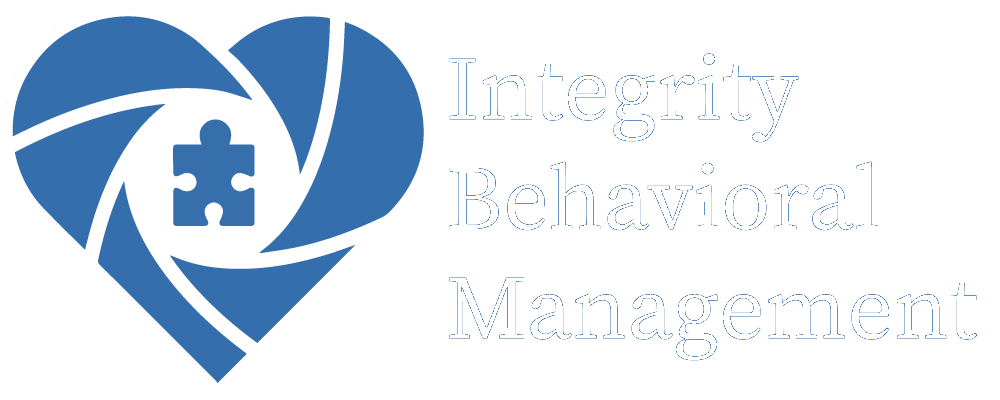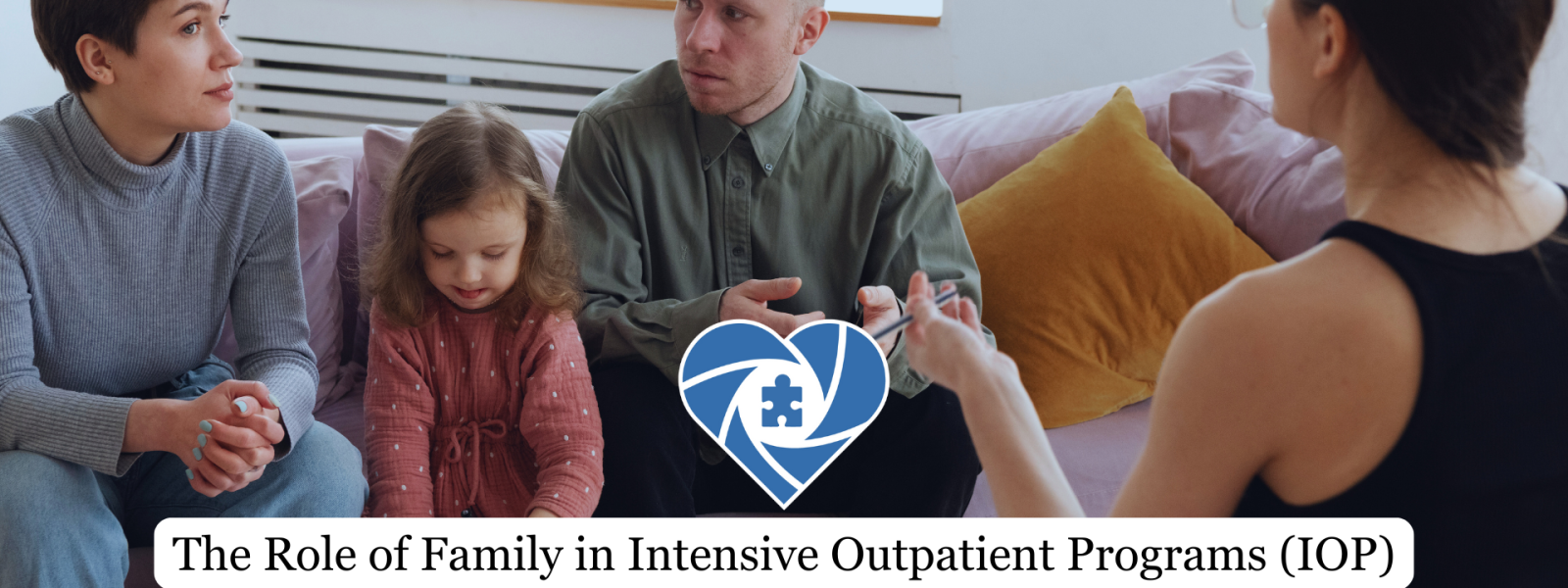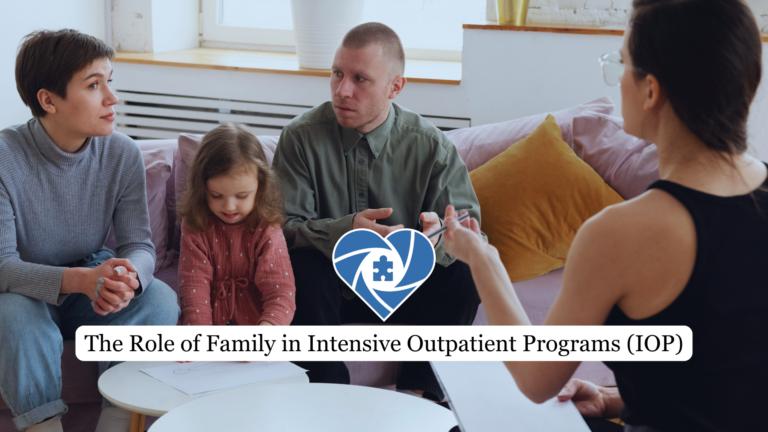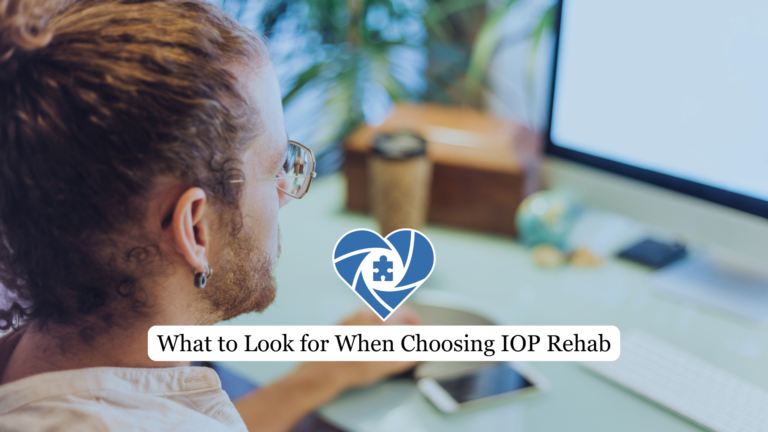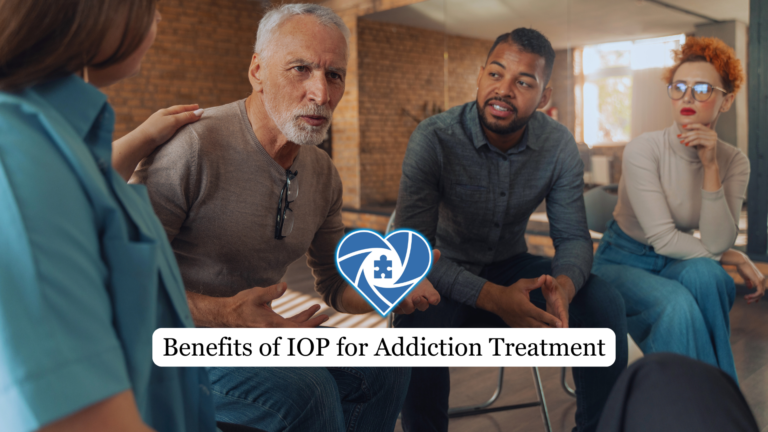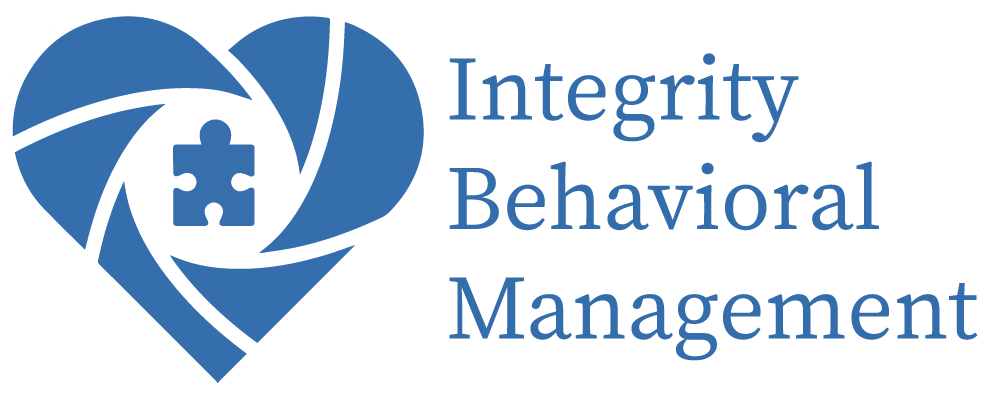Addiction is often referred to as a “family disease” because it impacts not only the individual but also their loved ones. Intensive Outpatient Programs (IOPs) recognize this and actively involve families in the recovery process. Family participation is a cornerstone of effective addiction treatment, fostering healing and understanding for everyone involved. This article explores the critical role of family in IOPs, highlighting how their involvement enhances recovery outcomes and strengthens relationships.
Understanding the Family’s Role in Addiction Recovery
Family members play a significant role in the recovery journey of someone battling addiction. Their involvement in IOPs is essential for several reasons:
- Support System: Families provide emotional and practical support during and after treatment.
- Healing Relationships: Addiction often damages trust and communication within families, requiring active efforts to rebuild those connections.
- Education on Addiction: Family involvement helps loved ones better understand addiction as a disease and learn how to support recovery without enabling destructive behaviors.
By including families in the treatment process, IOPs address the broader impact of addiction and create a supportive environment conducive to long-term success.
Benefits of Family Involvement in IOP
Strengthening Communication and Trust
Addiction often leads to strained communication and broken trust within families. Family therapy sessions in IOPs provide a safe space to address these issues and rebuild relationships.
- Open Dialogue: Facilitated conversations help family members express their feelings, concerns, and hopes in a constructive manner.
- Conflict Resolution: Therapists guide families in resolving long-standing conflicts and developing healthier communication patterns.
Rebuilding trust takes time, but family involvement in IOPs lays the groundwork for stronger, healthier relationships.
Enhancing Recovery Outcomes
Research consistently shows that individuals with supportive families are more likely to achieve and maintain sobriety.
- Accountability: Knowing their family is involved in their recovery can motivate individuals to stay committed to the program.
- Reduced Isolation: Family participation helps individuals feel less alone in their journey, fostering a sense of belonging and encouragement.
Family support serves as a powerful tool for individuals working to overcome addiction, providing the emotional stability needed to face challenges head-on.
Educating Families About Addiction
Understanding addiction as a disease is critical for families to provide effective support. IOPs often include educational components to help families:
- Recognize Triggers and Warning Signs: Learn to identify behaviors that may indicate a risk of relapse.
- Set Healthy Boundaries: Understand the difference between supporting recovery and enabling addiction.
- Navigate Emotional Challenges: Develop strategies to manage the stress and emotional toll of supporting a loved one in recovery.
Education empowers families to become active participants in the recovery process while protecting their own well-being.
Family Therapy in IOP
What Is Family Therapy?
Family therapy is a key component of many IOPs. These sessions involve a licensed therapist working with the individual in recovery and their family members to address issues related to addiction and its impact on the family dynamic.
- Focus on Healing: Sessions aim to repair damaged relationships and build a foundation for future interactions.
- Goal-Oriented Approach: Therapy often includes specific goals, such as improving communication, setting boundaries, and developing mutual understanding.
Family therapy provides a structured setting for addressing sensitive topics and fostering meaningful change.
How Family Therapy Benefits the Individual
Family therapy offers direct benefits to the individual in recovery, including:
- Improved Emotional Support: Knowing their family understands and supports their efforts can boost the individual’s confidence and determination.
- Motivation to Succeed: The involvement of loved ones can serve as a reminder of what they are working to rebuild, motivating them to stay committed to recovery.
Therapy sessions also provide individuals with the tools to navigate familial relationships more effectively, reducing stressors that could lead to relapse.
How Family Therapy Benefits Loved Ones
Family members also gain valuable insights and skills through therapy, such as:
- Coping Strategies: Learn how to manage their own emotional responses to the recovery process.
- Conflict Management: Develop healthier ways to address disagreements and prevent escalation.
- Personal Growth: Therapy can help family members reflect on their own behaviors and make positive changes.
By addressing their own needs and challenges, family members become better equipped to support their loved one in recovery.
Overcoming Challenges in Family Involvement
While family involvement is beneficial, it is not without its challenges. Some common barriers include:
- Denial or Stigma: Family members may struggle to accept the reality of addiction or fear societal judgment.
- Emotional Burnout: Supporting someone in recovery can be emotionally taxing, leading to frustration or resentment.
- Past Trauma: Families may have unresolved trauma stemming from the individual’s addiction.
IOPs address these challenges through counseling, education, and support groups tailored to family members, helping them overcome these barriers and actively participate in the recovery process.
The Importance of Setting Boundaries
One of the most important lessons families learn in IOPs is the value of setting and maintaining healthy boundaries.
- Protecting Emotional Health: Boundaries prevent family members from becoming overwhelmed or overly enmeshed in the recovery process.
- Encouraging Responsibility: Clear boundaries help individuals take ownership of their recovery journey.
- Fostering Mutual Respect: Boundaries create a framework for respectful and supportive interactions.
Therapists work with families to establish boundaries that promote recovery while safeguarding the well-being of everyone involved.
Long-Term Impact of Family Involvement
The benefits of family involvement in IOP extend far beyond the duration of the program.
- Sustained Recovery: A strong family support system increases the likelihood of maintaining sobriety long-term.
- Healthier Relationships: Families often emerge from the process with improved communication and stronger bonds.
- Shared Growth: The recovery journey becomes a shared experience that fosters personal growth for both the individual and their loved ones.
By actively participating in their loved one’s recovery, families not only contribute to their success but also enrich their own lives.
Conclusion
The role of family in Intensive Outpatient Programs cannot be overstated. From strengthening communication and rebuilding trust to providing emotional support and promoting education, family involvement is a vital component of successful addiction treatment. IOPs create a space where individuals and their loved ones can heal together, fostering long-term recovery and healthier relationships.
If you or someone you love is considering an IOP, remember that recovery is a team effort. Family involvement not only enhances the individual’s journey but also strengthens the entire family unit, paving the way for a brighter, more connected future.
